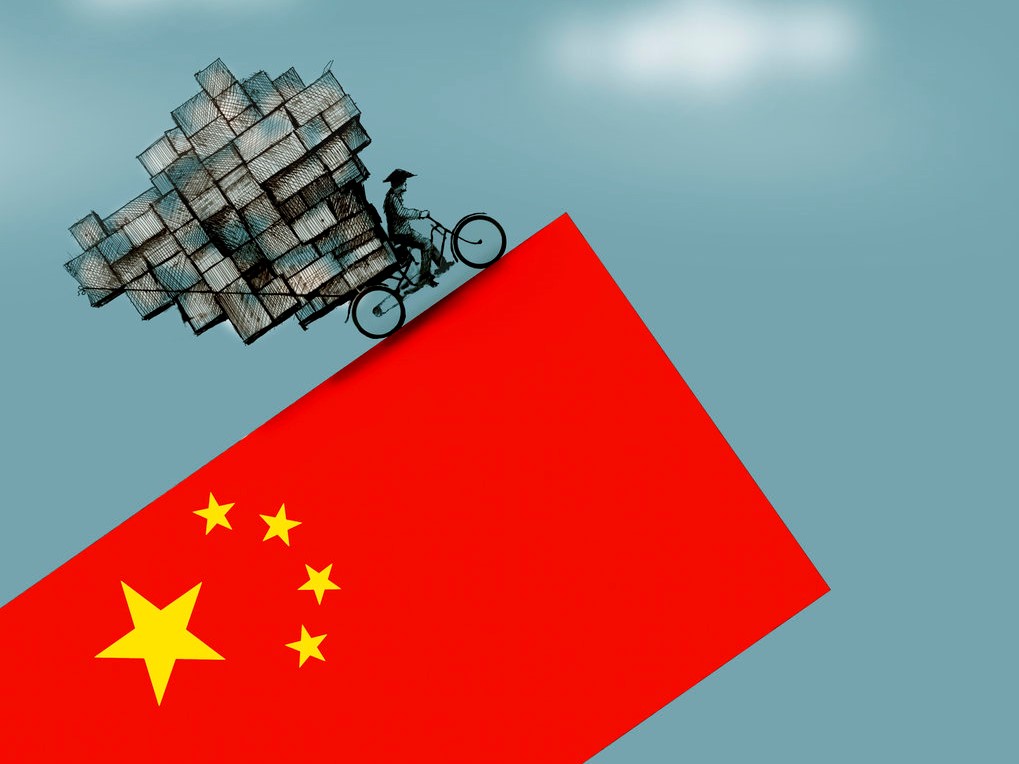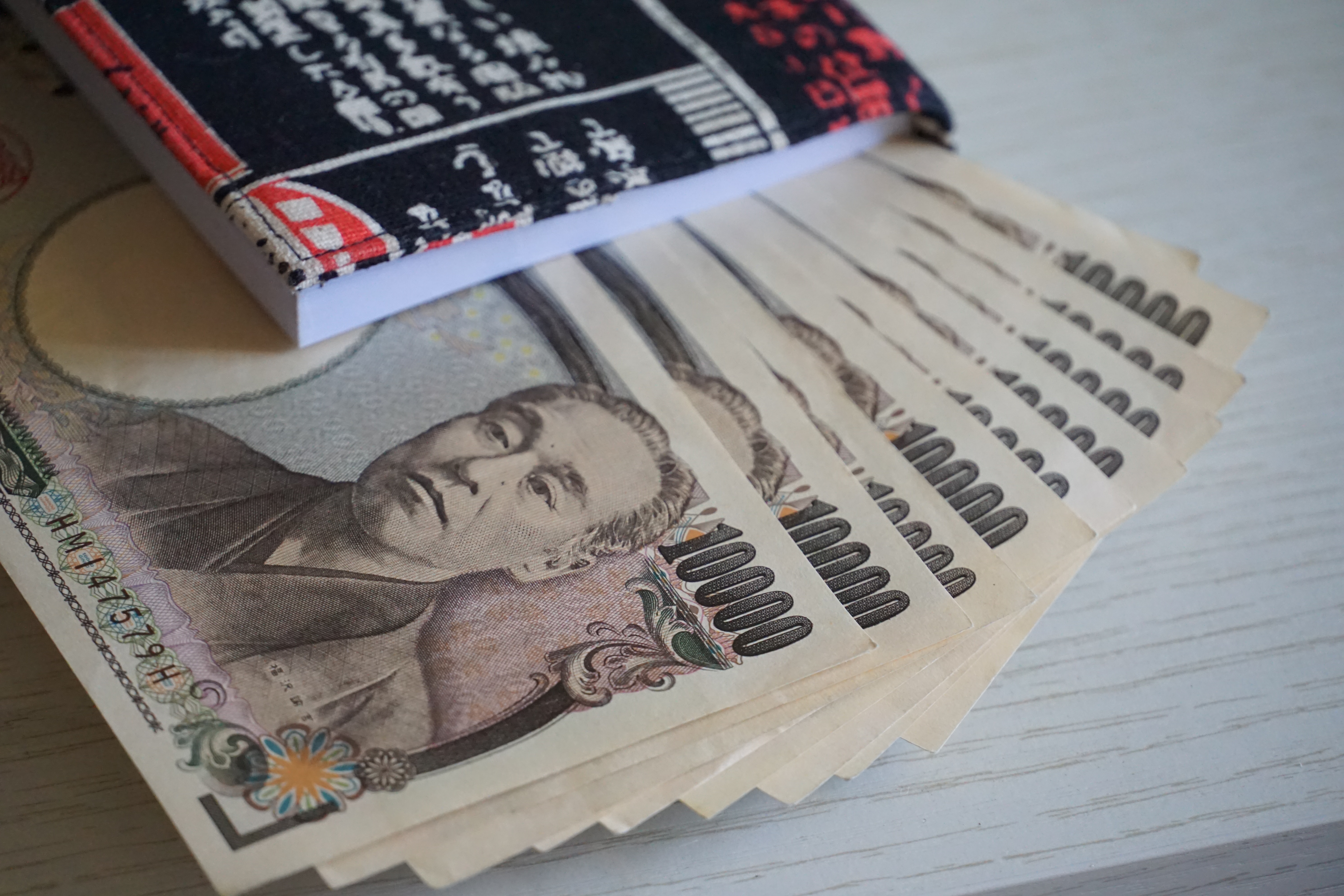Kate Lin: Welcome to Morningstar. Japanese companies have promised the stock exchange and investors that they will continue to boost their stock prices. Driving shareholder value is a central part of the interest in the market right now. How will managers capitalize on this opportunity in 2024?
We're joined by Michiko Sakai, Portfolio Manager for JPMorgan Asset Management. She's on the team for the JPM Japan Sustainable Equity Fund.
Shareholder-friendly Spirit
Hi Michiko, thank you for joining us today. How is the evolving shareholder-friendly spirit among Japanese companies progressing and how does this development contribute to the sustainability aspect of your fund?
Sakai: Sure. Great. Thank you for the question. The poor corporate governance in Japan was a result of multiple factors. Total dividend and buybacks by listed companies in Japan back in 2000 were less than one-tenth of what it is today. Why was that? The cross-shareholding is one of the reasons and the generally poor and conservative management style has led to a low payout ratio and excessive cash on the balance sheet. It's because indirect finance took a much bigger part of the equity market historically. So, for example, large banks were large shareholders in many companies and those banks care less about governance and shareholder return. We did have poor board independence, with few external directors sitting on the board, giving less or little pressure to the government to drive changes.
Having said that, there has been some acceleration in improvements in corporate governance in Japan. The trend is looking increasingly structural in nature and this actually started several years ago. But momentum has recently picked up, recently with the Tokyo Stocks Exchange (TSE), pressuring all the listed companies to come up with specific initiatives to boost corporate value.
And it's not just the TSE, we are seeing a change in investor profile with more direct finance from players like activists, institutional investors, like Government Pension Investment Fund (GPIF), and institutional investors like us. Such collective pressure is leading corporates to pay more attention to minority shareholders.
In our stewardship engagement, companies in general are more willing to have conversations. So it's more of a two-way conversation rather than a one-way conversation. And as a result in recent years in May this year 2023, we saw the largest-ever number of companies conducting share buybacks and the momentum has been picking up. The total yield trend of the market is clearly going up and we see a wide range of companies committed to the change. But there's still plenty of cash on the balance sheet for many corporates in Japan and we believe that the greater value can definitely be unlocked achieving higher returns of equity from here on.
Lin: Well, this is a very promising development and by investing more sustainably, some investors are concerned that they have to sacrifice financial returns. So what is your take on this?
Sakai: We believe that sustainable investing actually means integrating financial material ESG factors into investment decision-making to help improve risk-adjusted returns and there doesn't have to be a trade-off between ESG and financial return as long-term investors.
By integrating ESG factors along with other financial maternity factors, we can identify opportunities, while managing risk that could negatively affect portfolio returns. And just to add to that, ESG has always been a major part of our investment process long before it has become the buzzword in recent years. So we believe that it is important to consider sustainability in its broad sense, including the sustainability of business, economic, profit, and duration.
Japanese Stocks Is a 'Gift' for Active Investors
Lin: As we enter 2024 very soon, what are the key catalysts that you see that you think the rally hasn't done and investors should keep an eye on?
Sakai: Sure. One thing to keep in mind is that Japan is a bottom-up story. So companies in the U.S. and Europe and around much of the rest of Asia have far higher levels of analyst coverage than when you compare to Japan. So 50% of TOPIX listed companies in Japan have no research coverage at all. People haven't been looking closely at Japan, so all of this may present a gift for us. This creates opportunities for informed investors and active investment managers like ourselves with deep knowledge in the Japanese market.
Lin: And with this from a bottom-up perspective, where to see opportunities in Japanese equities that can ride on the corporate reforms and catalysts you mentioned?
Sakai: Well, despite all the talks around Japan finally ending the deflations or the governance reform policy, one very important point to emphasize is that Japan is about individual stocks, not about the economy. So the economy, the GDP has been pretty stagnant over the years for Japan. But when you look at the EPS growth of TOPIX since 2010, it has grown as strong as the EPS growth of the S&P 500 in local currency terms. So if you look deep enough, we can find great companies that grow sustainably and with strong duration in Japan.
So we are constructive on several thematic in Japan, for example, we believe that companies that will help reduce carbon footprint have long durations, so environmental conservation. There are many Japanese brand companies, so many brands that are strong not only in Japan but globally. And there are multiple companies with strong IP. And, Japan is home to top technology companies such as in semiconductor materials and machinery. Also, aging society and digitalization is another topic as well. It's no secret that Japan is facing a tough demographic over the long term and there are companies that can actually benefit from this overall demographic change by providing solutions.
Lastly, automation is another theme. Labor shortage is a serious issue not only in Japan but in many regions globally. And they're strong players in Japan, in automatic, in the automation industry. So those are some of the key themes that we are looking at.
Lin: Thank you so much for your insights, Michiko. For Morningstar, I'm Kate Lin.













.png)


.jpg)





